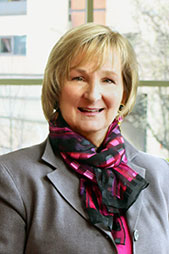
Welcome and welcome back! For our returning friends, we are delighted to see you again. And for those new to the HS/HSL, it is nice to meet you. The HS/HSL is a vibrant, beautiful place, with library team members committed to your success in the classroom, in the lab, and in the clinic. Whether you are having a consultation with your school liaison, studying, or taking a nap on the couches (no snoring or drooling, please), we are happy to see you.
There’s always something happening in the HS/HSL – virtually and physically – so make sure you are connected either through this newsletter, The Elm, our newsfeed, Twitter or Facebook. There’s more detailed information throughout this issue, but here are some updates:
- When accessing HS/HSL resources off-campus, look for the login button in the upper right corner of the HS/HSL page. Login once for access to our resources.
- The next exhibit in the Frieda O. Weise Gallery is Confronting Violence: Improving Women’s Lives, which runs from Sept. 26 through Nov. 5, 2016.
- The Library Genie returns in October. Our annual poll of your wishes for the Library has led to some improvements you’ll be seeing over the course of this year: new chairs, new water fountains, and an all-gender restroom.
- On the 4th floor, you may notice some gaps on the shelves. Over 2500 volumes were removed over the summer because we now have access to online digital backfiles.
- Speaking of the 4th floor, the study space in the tower will be converted to support the Informatics Innovation Incubator (I3) program. The I3 initiative will bring new tenants with programming and informatics skills into the building. We are looking forward to potential partnerships. The study carrels will be moved to other areas in the building.
- Finally, if you haven’t stopped into the Innovation Space (or iSpace as we fondly refer to it), please do. In addition to 3D printing and button makers, we’ve added a poster printing service.
- Over the next year, the NIH Big Data to Knowledge Initiative (BD2K) will be hosting a series of one-hour seminars on emerging issues and challenges in managing data, taught by leaders in the field. Here’s the current schedule and more information on the series: http://www.bigdatau.org/data-science-seminars. The sessions are held on Fridays from noon to 1 p.m. and can be watched from your desktop. All sessions will be archived.
As I said, there is always something happening here at the HS/HSL. Let us know how we can help. Make sure you are connected to us in some way. We wouldn’t want you to miss anything. Have a great year!












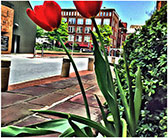
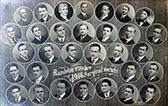
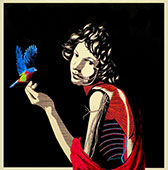
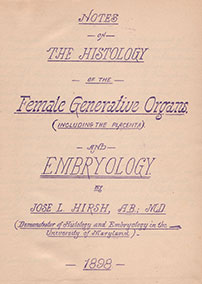
 The
The 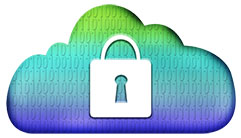 Cybersecurity is everyone’s concern whether at the research bench, in the classroom, or in your own personal email and social media accounts. Join us on April 8 for “Cybersecurity and You: Issues in Higher Education and Beyond.”
Cybersecurity is everyone’s concern whether at the research bench, in the classroom, or in your own personal email and social media accounts. Join us on April 8 for “Cybersecurity and You: Issues in Higher Education and Beyond.”
 When the HS/HSL’s Library Genie asked for your top three library wishes last October, dozens of you let him know. We are happy to tell you that the Library has granted several of your wishes.
When the HS/HSL’s Library Genie asked for your top three library wishes last October, dozens of you let him know. We are happy to tell you that the Library has granted several of your wishes.
 The monthly lunchtime event, Technology Brown Bag, explores new and emerging technologies that support research and education. Recent events include the applications of 3D printing in the medical sciences, meeting research funding requirements for data management plans with the
The monthly lunchtime event, Technology Brown Bag, explores new and emerging technologies that support research and education. Recent events include the applications of 3D printing in the medical sciences, meeting research funding requirements for data management plans with the 
 The
The 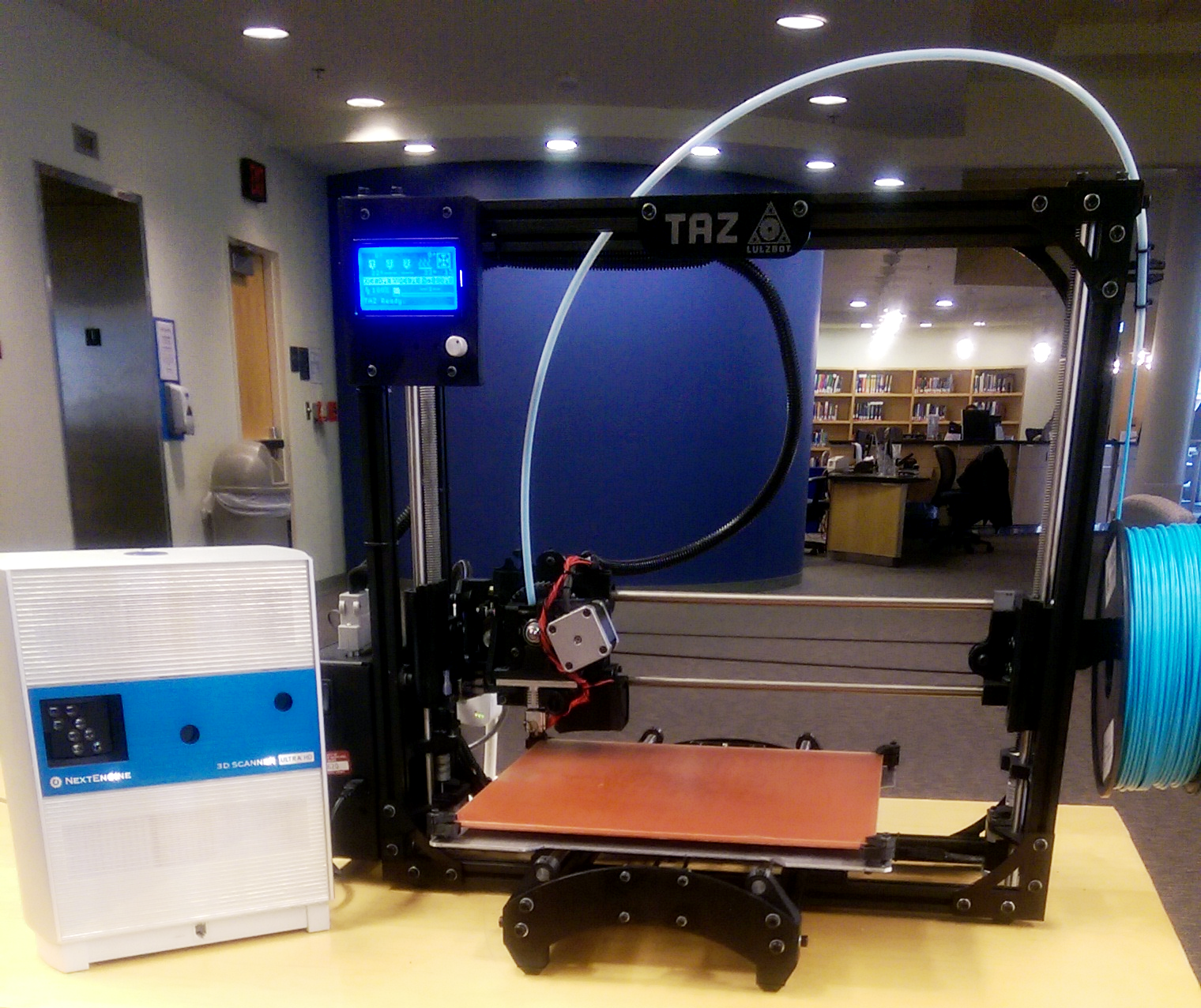
 Cybersecurity is an interesting and important topic, one closely connected to those of digital privacy and online surveillance. Many of us know that it is difficult to keep things private on the Internet. The Internet was invented to share things with others quickly, and it excels at that job. Businesses that process transactions with customers and store the information online are responsible for keeping that information private. No one wants social security numbers, credit card information, medical history, or personal e-mails shared with the world. We expect and trust banks, online stores, and our doctor’s offices to keep our information secure and safe.
Cybersecurity is an interesting and important topic, one closely connected to those of digital privacy and online surveillance. Many of us know that it is difficult to keep things private on the Internet. The Internet was invented to share things with others quickly, and it excels at that job. Businesses that process transactions with customers and store the information online are responsible for keeping that information private. No one wants social security numbers, credit card information, medical history, or personal e-mails shared with the world. We expect and trust banks, online stores, and our doctor’s offices to keep our information secure and safe.
 The combined efforts of HS/HSL staff and the UMB campus community have added more than 75 children’s books to the shelves of the UMB Community Engagement Center at the BioPark.
The combined efforts of HS/HSL staff and the UMB campus community have added more than 75 children’s books to the shelves of the UMB Community Engagement Center at the BioPark.

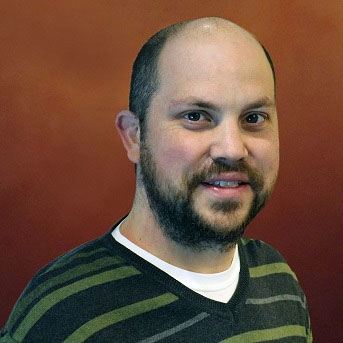
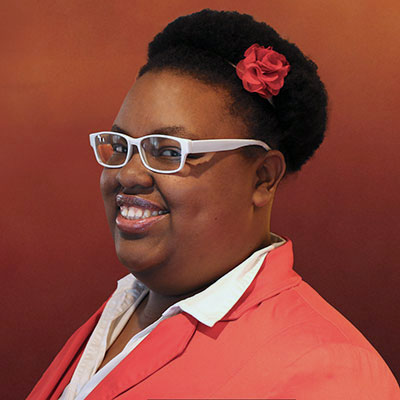

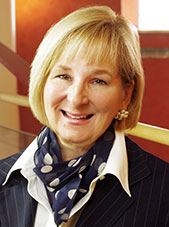
 Funding for the MPower Virtual Research Library will cease on July 1. This collaborative effort among the libraries at UMB and College Park received $750,000 in the first year of its existence. This funding number has been decreased in the subsequent years to $440,000 and then $200,000. The $200,000 in funding for FY16 was then greatly reduced, resulting in only enough money to support Scopus®, which has become a major research support resource for both universities. At this time, It is not clear how Scopus will be retained for FY17.
Funding for the MPower Virtual Research Library will cease on July 1. This collaborative effort among the libraries at UMB and College Park received $750,000 in the first year of its existence. This funding number has been decreased in the subsequent years to $440,000 and then $200,000. The $200,000 in funding for FY16 was then greatly reduced, resulting in only enough money to support Scopus®, which has become a major research support resource for both universities. At this time, It is not clear how Scopus will be retained for FY17.

 HS/HSL is pleased to announce that we are transitioning to a new, more advanced reserves systems – Atlas ARES – beginning January 4. A project that the Library and campus IT have been working on for the last nine months, the new system will allow students and faculty to view reserves in Blackboard, or by logging into the Course Reserves system through the link on the Library’s homepage. The system is much more streamlined and convenient to use, and we at HS/HSL are proud to provide the UMB community with an easier way to access their readings and research.
HS/HSL is pleased to announce that we are transitioning to a new, more advanced reserves systems – Atlas ARES – beginning January 4. A project that the Library and campus IT have been working on for the last nine months, the new system will allow students and faculty to view reserves in Blackboard, or by logging into the Course Reserves system through the link on the Library’s homepage. The system is much more streamlined and convenient to use, and we at HS/HSL are proud to provide the UMB community with an easier way to access their readings and research.
 Over the month of October, the Library Genie asked for your top three library wishes. The number one wish was for water bottle filling stations, followed by requests for better lighting, more of the popular “space pod” study seats, and a wider selection of cables/convertors and charging options. We get the feeling you like being here and just want to make your home away from home more comfortable and convenient! Also popular were requests for coffee vending, more comfortable chairs, and a gender-neutral bathroom.
Over the month of October, the Library Genie asked for your top three library wishes. The number one wish was for water bottle filling stations, followed by requests for better lighting, more of the popular “space pod” study seats, and a wider selection of cables/convertors and charging options. We get the feeling you like being here and just want to make your home away from home more comfortable and convenient! Also popular were requests for coffee vending, more comfortable chairs, and a gender-neutral bathroom.
 In an
In an 
 McGraw Hill’s AccessMedicine® will be added to the collection in support of our education mission. This collection of over 85 e-books and other online tools contains
McGraw Hill’s AccessMedicine® will be added to the collection in support of our education mission. This collection of over 85 e-books and other online tools contains 

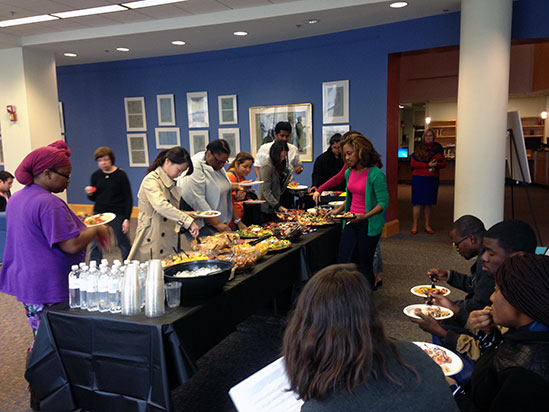
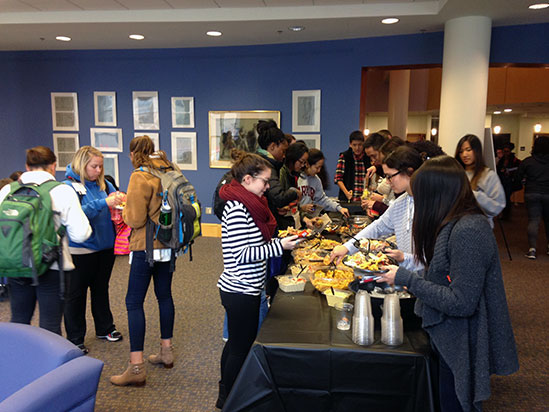
 As of January 1, 2016 ScienceDirect – a major provider of the HS/HSL’s electronic journals – will no longer support Internet Explorer 8. If you use IE 8, please contact your school’s IT help desk for assistance with an upgrade.
As of January 1, 2016 ScienceDirect – a major provider of the HS/HSL’s electronic journals – will no longer support Internet Explorer 8. If you use IE 8, please contact your school’s IT help desk for assistance with an upgrade.